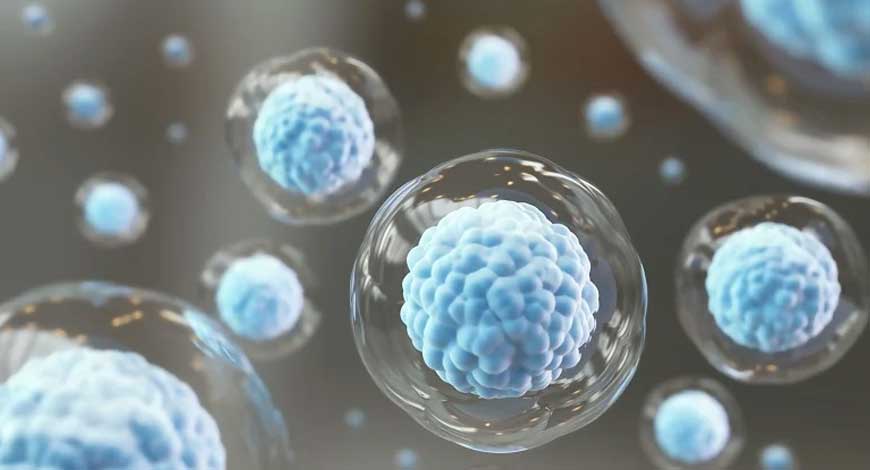Trends
Global induced pluripotent stem cell market to reach USD 5.2B by 2028

“According to the latest research study, the demand for induced pluripotent stem cells: Global markets expected to grow from $3.4 billion in 2023 to reach $5.2 billion by the end of 2028 at a compound annual growth rate (CAGR) of 9.1% from 2023 through 2028”
This report looks at the business side of induced pluripotent stem cells (iPSCs) instead of the technical details. It covers different parts of the market for iPSCs, like the types of products and how they’re used, such as for drug development or research. It also looks at where iPSCs are used around the world, like in the U.S., Asia-Pacific, Europe, and other places. The report talks about companies that make iPSC-related products and what’s driving or holding back the market’s growth. It predicts how the market will change in the future, especially in areas like drug discovery. The report doesn’t go into detailed technical stuff like how to make iPSCs or how to use them in large-scale manufacturing. It’s mainly focused on understanding the business of iPSCs.
Scientists use iPSC-derived cells to test medications for safety and effectiveness before giving them to people. For instance, they use iPSC-derived neurons to check if new drugs can help treat Alzheimer’s or Parkinson’s disease. iPSCs also help scientists understand how diseases like cancer develop, so they can find better treatments. They even use iPSCs to create mini-organs called organoids, which help study diseases and test new treatments.
Segmentation analysis of induced pluripotent stem cells: Global markets:
By application: induced pluripotent stem cells (iPSCs) have a few main applications. They’re used in drug development and testing to see if new medicines are safe. They’re also used in academic research to study diseases and find new treatments. Additionally, iPSCs are used in regenerative medicine to help repair or replace damaged tissues in the body.
By product function: induced pluripotent stem cells (iPSCs) have different functions. They can change into different types of cells, which is called cell differentiation. They’re also grown and kept alive in a lab environment, known as cell culture. iPSCs can be reprogrammed to act like other cells in the body, called cellular reprogramming. Scientists also study them closely to understand how they work, which is cell analysis. Additionally, iPSCs are engineered at a molecular and cellular level for specific purposes.
By purpose of tests: Tests serve different purposes in healthcare. Some are for screening or finding issues early, like cancer screenings. Monitoring tests track how a condition changes over time, such as blood sugar tests for diabetes. Diagnostic tests help identify what’s causing symptoms, like blood tests for infections. Therapy guidance tests help doctors choose the best treatment, such as genetic tests to match cancer drugs to a patient’s genes. BCC Research












